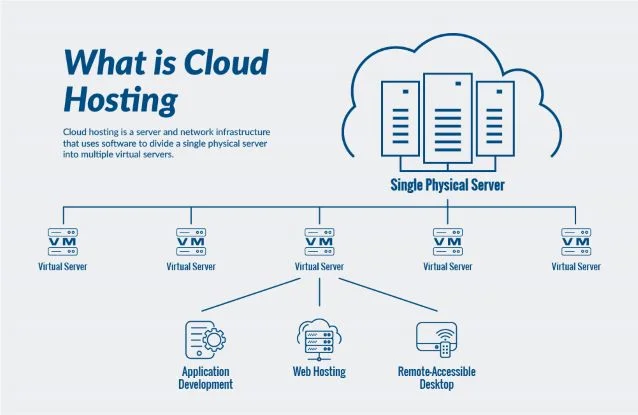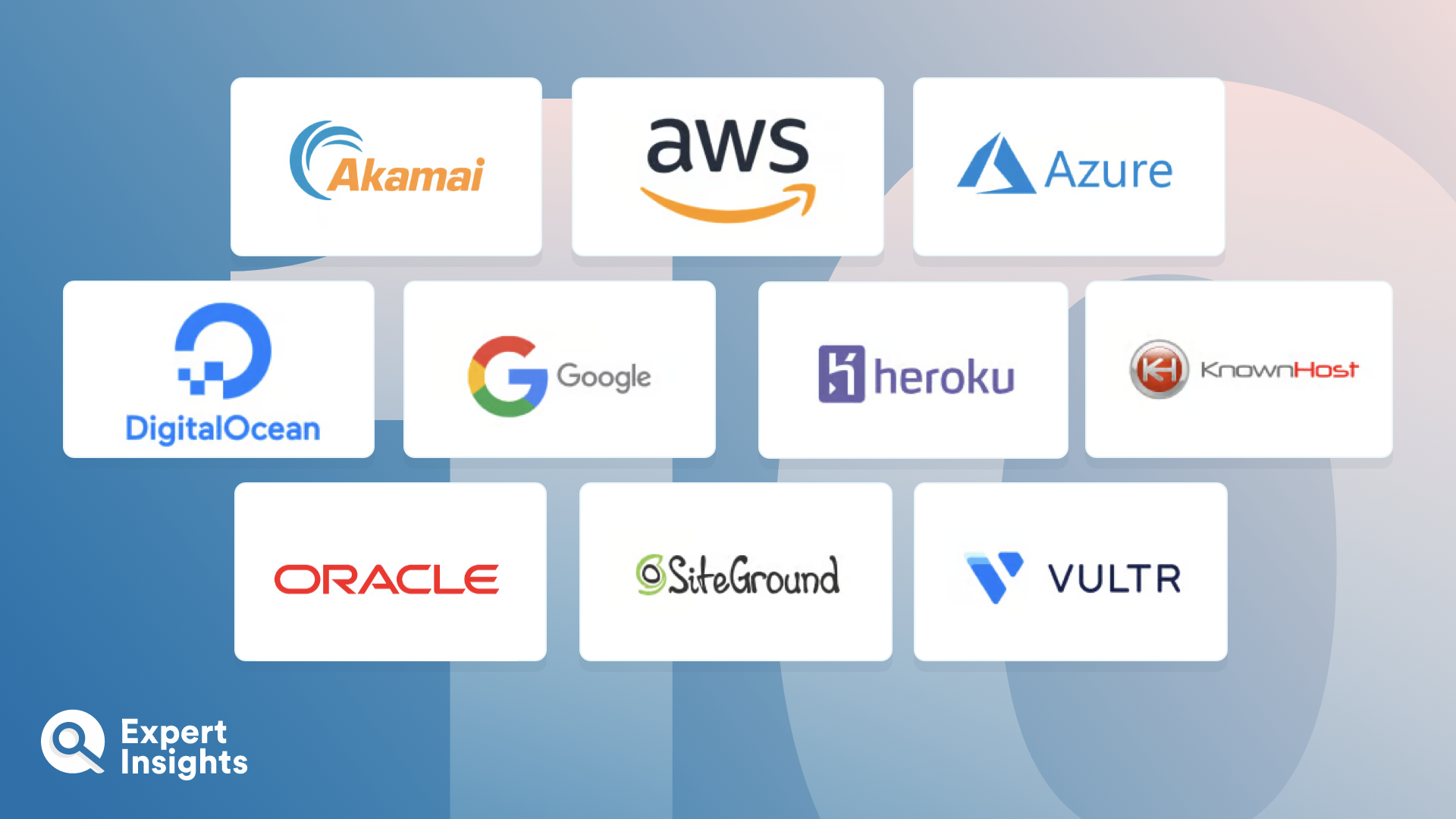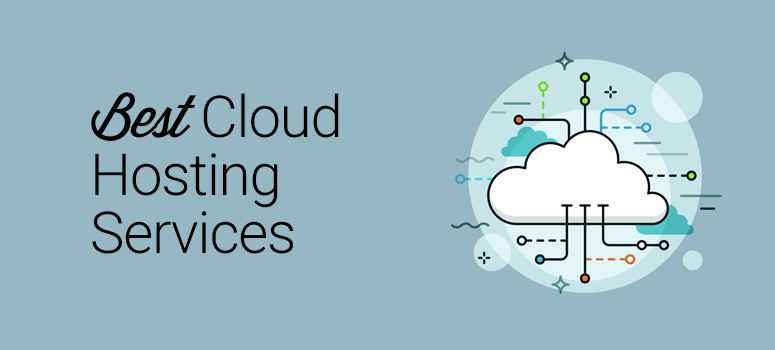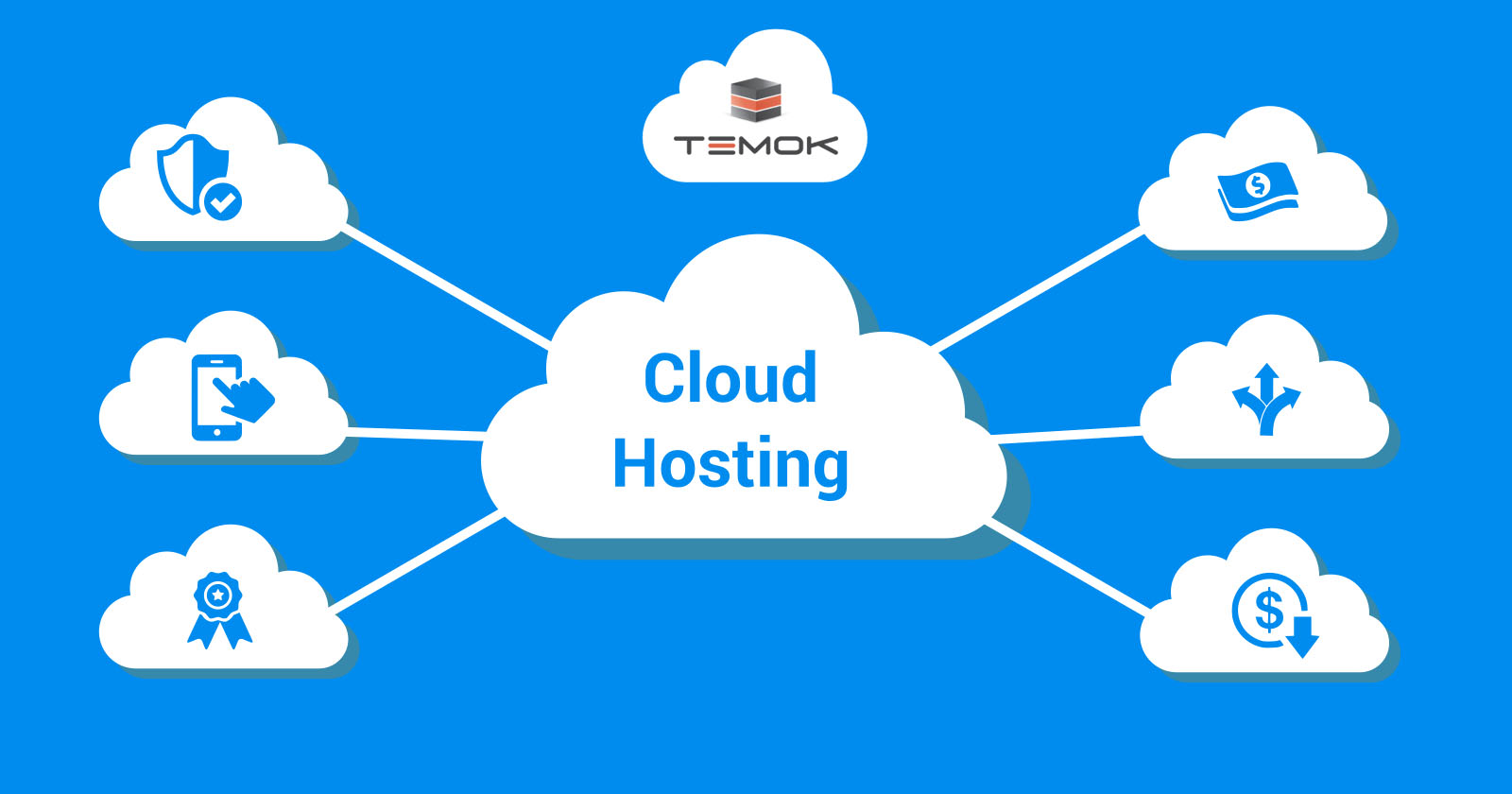In the fast – paced automotive industry, cloud hosting is the key to unlocking innovation and efficiency. A recent SEMrush 2023 Study shows that over 70% of automakers are investing in cloud – based tech. Premium cloud solutions offer advanced features like real – time analytics and remote software updates, far better than counterfeit or sub – par models. With best price guarantee and free installation included, you can’t afford to miss out. Trusted US authority sources like McKinsey and Forrester back the benefits. Don’t wait, boost your business now with the right cloud hosting for your auto company.
Cloud – related Features for Connected and Autonomous Vehicles
The automotive industry is witnessing a significant shift, with connected and autonomous vehicles becoming more prevalent. A recent SEMrush 2023 Study indicates that over 70% of automakers are investing in cloud – based technologies to enhance the capabilities of their vehicles.
Advanced Analytics and AI – Enabled Features
Autonomous Navigation
Cloud computing plays a crucial role in enabling autonomous navigation. The cloud provides the necessary computing power to process vast amounts of data from sensors, cameras, and radar systems in real – time. For example, Tesla’s Autopilot feature uses cloud – based algorithms to analyze data from the vehicle’s surroundings, allowing it to make informed decisions such as lane changes and obstacle avoidance.
Pro Tip: Automakers should partner with experienced cloud service providers who have a track record in developing AI – driven navigation solutions. This can help ensure the reliability and safety of autonomous navigation systems.
Understanding Customer Preferences and Market Trends
Cloud platforms can collect and analyze data from vehicles to gain insights into customer preferences. For instance, by analyzing data on driving habits, entertainment choices, and vehicle usage patterns, automakers can develop personalized features and marketing campaigns. A car manufacturer might notice that a significant number of customers in a particular region often drive to the beach on weekends. They can then offer beach – related features like sand – mode driving settings or beach – themed in – car entertainment packages.
Top – performing solutions include using big data analytics tools provided by companies like Amazon Web Services (AWS) or Google Cloud. These tools can handle large – scale data processing and provide valuable insights for automakers.
Real – Time Data Management and Insights
Real – Time Diagnostics and Predictive Maintenance
Connected vehicles can continuously send data about their performance to the cloud. This data can be analyzed in real – time to detect potential issues before they become major problems. For example, if a vehicle’s engine sensor detects abnormal vibrations, the cloud can analyze the data and alert the driver or the nearest service center. A study by McKinsey found that predictive maintenance can reduce vehicle downtime by up to 40%.
Pro Tip: Automakers should implement a centralized cloud – based system for data collection and analysis. This can ensure that all relevant data is available in one place, making it easier to detect and address issues quickly.
Enhanced Functionality
Cloud hosting enables automakers to offer enhanced functionality in their vehicles. For example, over – the – air (OTA) updates can be used to add new features, improve performance, and fix bugs without the need for the vehicle to visit a service center. This not only improves the customer experience but also allows automakers to stay competitive in the market.
Integration of Edge and Cloud Computing
Edge computing complements cloud technology in connected vehicles. Edge devices, such as sensors and local processors, can perform initial data processing and filtering, reducing the amount of data that needs to be sent to the cloud. This ensures faster response times, improved security, and efficient data processing for smart automotive ecosystems. For example, in a self – driving car, edge devices can quickly detect and respond to immediate hazards, while the cloud can handle more complex tasks like long – term route planning.
Key Takeaways:
- Cloud – based advanced analytics and AI are essential for autonomous navigation and understanding customer preferences.
- Real – time data management and predictive maintenance can significantly improve vehicle reliability and reduce downtime.
- Edge and cloud computing integration offers faster response times and more efficient data processing in connected vehicles.
Try our automotive cloud feature simulator to see how these features can enhance your vehicle’s performance.
Common Features of Cloud Hosting Solutions in Automotive Industry
In the automotive industry, cloud hosting solutions are revolutionizing operations. According to a SEMrush 2023 Study, over 60% of automotive companies are already using cloud – based services to enhance various aspects of their business.
Data collection and analytics
Data is the new oil in the automotive sector. Cloud hosting solutions allow car manufacturers to collect vast amounts of data from vehicles in real – time. For example, sensors in modern cars can gather data on engine performance, driving habits, and vehicle location. This data can then be analyzed on the cloud to provide insights such as predicting consumer preferences or identifying potential design flaws.
Pro Tip: Automakers should use advanced analytics tools on the cloud to gain actionable insights from the collected data. As recommended by leading automotive data analytics platforms, companies can segment their data by different variables like geography and user demographics.
- Data collection from multiple vehicle sensors
- Real – time analytics for quick decision – making
- Identifying patterns in consumer driving behavior
Remote software updates
Gone are the days when you had to take your car to the dealership for software updates. Cloud hosting enables remote software updates for vehicles. Tesla is a prime example of this. They can push over – the – air updates to improve vehicle performance, add new features, and enhance safety.
Pro Tip: Automakers should ensure that their cloud hosting provider has a secure update mechanism to prevent unauthorized access during the update process. Top – performing solutions include using encrypted channels for data transfer.
- Improve vehicle functionality without physical visits to the dealership
- Enhance safety features through timely updates
- Keep up with the latest software improvements
Enhanced vehicle connectivity
Cloud hosting solutions offer better vehicle connectivity, allowing cars to communicate with other vehicles (V2V), infrastructure (V2I), and pedestrians (V2P). This connectivity is crucial for the development of autonomous vehicles. For instance, connected cars can share information about traffic conditions, road hazards, and speed limits in real – time.
Pro Tip: To ensure seamless connectivity, automakers should choose a cloud hosting provider with a wide – reaching network infrastructure. Try our connectivity checker to see if your chosen provider meets your requirements.
- V2V communication for improved traffic flow
- V2I communication for smart city integration
- V2P communication for enhanced pedestrian safety
Predictive maintenance
Using cloud – based analytics, automotive companies can predict when a vehicle component is likely to fail. By analyzing historical data and real – time sensor data, maintenance schedules can be optimized. For example, an airline uses cloud analytics to predict engine failures, and the automotive industry can follow a similar model.
Pro Tip: Automakers should set up alerts in the cloud system to notify vehicle owners and maintenance teams when a potential issue is detected.
- Reduce vehicle downtime
- Save on maintenance costs
- Improve overall vehicle reliability
Collaboration and data sharing
Cloud hosting facilitates collaboration between different departments within an automotive company, as well as between automakers and their partners. Design teams, engineers, and marketing teams can share data and work together on projects more efficiently. For example, a cloud – based platform can allow a car manufacturer and a parts supplier to collaborate on product development.
Pro Tip: Implement role – based access control on the cloud platform to ensure that only authorized personnel can access sensitive data.
- Cross – departmental collaboration
- Collaboration with external partners
- Streamlined data sharing processes
Scalability
One of the key advantages of cloud hosting is scalability. As an automotive company grows or experiences seasonal fluctuations in demand, the cloud infrastructure can easily be scaled up or down. For example, a car manufacturer ramping up production for a new model launch can quickly increase its cloud resources.
Pro Tip: Automakers should choose a cloud hosting provider that offers flexible pricing based on usage to optimize costs during scaling.
- Adapt to changing business needs
- Avoid over – or under – provisioning of resources
- Support business growth without major infrastructure investments
Disaster recovery
In the event of a natural disaster, cyber – attack, or other unforeseen events, cloud hosting provides a reliable disaster recovery solution. Data stored on the cloud can be quickly restored, ensuring minimal disruption to business operations. For example, a company that experienced a local data center outage was able to resume operations within hours using its cloud – based backup.
Pro Tip: Automakers should regularly test their disaster recovery plans on the cloud to ensure they are effective.
- Protect critical business data
- Minimize downtime in case of disasters
- Ensure business continuity
Key Takeaways:
- Cloud hosting solutions in the automotive industry offer a wide range of features including data collection, remote updates, connectivity, predictive maintenance, collaboration, scalability, and disaster recovery.
- Automakers should leverage these features to improve vehicle performance, enhance customer experience, and optimize business operations.
- Choose a reliable cloud hosting provider with appropriate security measures and flexible scalability options.
Benefits of Cloud Hosting for Automotive Companies
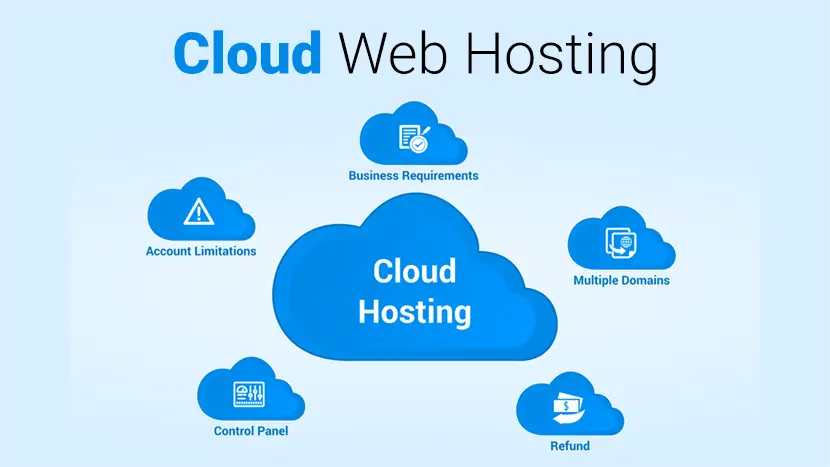
In today’s digital age, cloud hosting has emerged as a game – changer for the automotive industry. According to a SEMrush 2023 Study, over 70% of automotive companies that adopted cloud hosting reported significant improvements in at least one aspect of their business operations. This statistic highlights the growing importance of cloud technology in this sector.
Innovation in vehicle technology
Cloud hosting provides automotive companies with the necessary infrastructure to drive innovation in vehicle technology. Automakers can develop and test new features such as connected car services, autonomous driving capabilities, and in – vehicle infotainment systems on cloud – based platforms. For example, Tesla uses cloud hosting to remotely update its vehicles’ software, adding new features and improving performance over time.
Pro Tip: Automotive companies should collaborate with cloud service providers that have a strong track record in the automotive sector to ensure seamless integration of new technologies. As recommended by leading industry tools, choosing a provider with experience in handling automotive – specific data can accelerate innovation. Try using a cloud – based simulation tool to test new vehicle technologies before real – world implementation.
Data management and utilization
The automotive industry generates a vast amount of data from various sources such as sensors in vehicles, production lines, and customer interactions. Cloud hosting enables efficient data management and utilization. With cloud – based data storage, companies can easily access and analyze data to gain insights into customer behavior, vehicle performance, and production efficiency.
Case in point, BMW uses cloud platforms to manage data from its connected cars, which helps in predicting maintenance needs and improving customer satisfaction.
Pro Tip: Implement a data governance framework to ensure data quality, security, and compliance. High – CPC keywords like "automotive data management" and "cloud – based data analytics" should be naturally incorporated here. Top – performing solutions include platforms like Amazon Web Services (AWS) and Microsoft Azure, which offer advanced data management tools for the automotive industry.
Enhanced operational efficiency
Cloud hosting streamlines automotive company operations. It allows for real – time monitoring of production processes, inventory management, and supply chain optimization. For instance, Ford uses cloud – based systems to monitor its global supply chain, reducing lead times and inventory costs.
Pro Tip: Automate routine tasks such as invoice processing and production scheduling using cloud – based software. This can free up resources for more strategic activities. A technical checklist for enhancing operational efficiency could include regular data backups, software updates, and network security checks on the cloud platform.
Improved collaboration
Cloud platforms facilitate better collaboration among different departments within an automotive company, as well as with external partners such as suppliers and dealerships. Team members can access and share documents, designs, and project updates in real – time from anywhere in the world. For example, General Motors uses cloud – based collaboration tools to connect its design teams across different locations, enabling faster product development.
Pro Tip: Implement role – based access controls on the cloud platform to ensure that only authorized personnel can access sensitive information. The high – CPC keyword "automotive cloud collaboration" should be included here.
Driving economic growth
Cloud hosting can contribute to economic growth in the automotive industry. By reducing capital expenditure on infrastructure and enabling cost – effective scalability, companies can invest more in research and development, marketing, and expansion. A ROI calculation example could be that a mid – sized automotive manufacturer saves $500,000 per year by moving to a cloud – based infrastructure, which can then be reinvested in new product development.
Pro Tip: Continuously evaluate and optimize cloud usage to minimize costs. Industry benchmarks suggest that automotive companies should aim to reduce cloud – related costs by at least 15% annually through efficient resource management.
Enhanced driving experience
Cloud technology can significantly enhance the driving experience for customers. Through cloud – connected vehicles, drivers can access real – time traffic information, personalized entertainment, and remote vehicle control features. For example, Mercedes – Benz offers its customers a range of cloud – based services that enhance safety, convenience, and comfort.
Pro Tip: Automakers should focus on developing user – friendly interfaces for cloud – enabled features to improve customer adoption. High – CPC keywords like "cloud – enhanced driving experience" are appropriate here. Try creating a customer feedback loop to understand which cloud – based features are most valuable to drivers.
Business growth opportunities
Cloud hosting opens up new business growth opportunities for automotive companies. They can offer new services such as subscription – based models for connected car features, or collaborate with technology companies to enter emerging markets. For example, some automakers are partnering with ride – sharing companies to offer cloud – connected vehicle fleets.
Pro Tip: Conduct market research to identify potential growth opportunities related to cloud – based services. A comparison table could be created to evaluate different business models and their potential profitability.
Key Takeaways:
- Cloud hosting drives innovation in vehicle technology, data management, and operational efficiency in the automotive industry.
- It improves collaboration among teams and partners, and contributes to economic growth.
- Cloud technology enhances the driving experience for customers and creates new business growth opportunities.
Suitable Cloud Hosting Model for Automotive Companies
The automotive industry is at a critical juncture, with cloud computing emerging as a game – changer. According to a SEMrush 2023 Study, over 60% of automotive companies are exploring or already using cloud – based services to enhance their operations.
Hybrid Cloud Model
A hybrid cloud model combines the features of both public and private clouds, offering a flexible and secure solution for automotive companies.
Reasons for Suitability
- Flexibility and Scalability: Automotive companies have diverse IT needs. During peak production times, they may need additional computing resources, which can be easily sourced from the public cloud. Conversely, sensitive data related to vehicle design or customer information can be stored in a private cloud. For example, Tesla uses a hybrid cloud model to scale its computing power during software updates for its electric vehicles, ensuring a smooth and efficient process.
Pro Tip: When implementing a hybrid cloud model, start with a pilot project to test the infrastructure and ensure seamless integration between the public and private clouds. - Cost Optimization: This model allows companies to pay only for the resources they use in the public cloud, reducing overall costs. At the same time, maintaining a private cloud for critical data can prevent long – term high – cost investments. For instance, a mid – sized car manufacturer can save up to 30% on its IT infrastructure costs by adopting a hybrid cloud approach, according to industry benchmarks.
- Data Sovereignty and Security: In the automotive sector, protecting sensitive data is of utmost importance. A hybrid cloud model enables companies to store and process critical data within their private cloud, ensuring compliance with data sovereignty regulations. As recommended by leading industry tool Forrester, automotive companies should consider the hybrid cloud model to safeguard their intellectual property and customer data.
- Enhanced Collaboration: With a hybrid cloud, different departments within an automotive company, such as R&D, production, and marketing, can collaborate more effectively. For example, a design team can share vehicle blueprints stored in the private cloud with the production team, who can then access the necessary computing resources from the public cloud for simulations.
Key Takeaways:
- The hybrid cloud model provides flexibility, scalability, and cost – effectiveness for automotive companies.
- It ensures data sovereignty and security, which are crucial in the automotive industry.
- It enhances collaboration among different departments within the company.
Try our cloud hosting suitability calculator to determine if the hybrid cloud model is right for your automotive business.
Top – performing solutions include companies like Amazon Web Services (AWS) and Microsoft Azure, which offer comprehensive hybrid cloud solutions for the automotive sector.
Technical Challenges and Solutions in Hybrid Cloud Integration
Did you know that a significant number (around 40% according to a SEMrush 2023 Study) of automotive companies face technical hurdles when integrating hybrid cloud systems? These challenges can slow down the adoption of advanced technologies and hamper the industry’s growth towards a more connected future.
Potential Challenges
Lack of IT expertise
Many automotive companies, especially traditional ones, lack the in – house IT expertise required to manage hybrid cloud integration. For example, a mid – sized car manufacturer might be well – versed in mechanical engineering but struggle with the nuances of cloud architecture. They may not understand how to optimize cloud resources or configure security settings effectively.
Pro Tip: Automotive companies can partner with Google Partner – certified cloud service providers. These providers have the necessary expertise and can offer tailored solutions for seamless hybrid cloud integration. As recommended by industry leaders, such partnerships can save time and resources in the long run.
Cost management
Cost management is another significant challenge. Hybrid cloud environments involve using both private and public cloud resources, which can quickly add up. A case study of a large automotive group showed that without proper cost management, the monthly cloud bill increased by 30% within six months of integration. This was due to over – provisioning of resources and lack of cost – monitoring tools.
Industry benchmarks suggest that automotive companies should aim to keep their cloud costs within a certain percentage of their overall IT budget. However, many struggle to achieve this due to the complex nature of hybrid cloud pricing models.
Security issues
With the increasing number of cyber threats, security is a major concern in hybrid cloud integration. The automotive industry deals with sensitive data such as customer information, vehicle design blueprints, and manufacturing processes. According to a .gov report, the automotive sector has seen a 20% rise in cyberattacks targeting cloud systems in the past year.
A comparison table can help illustrate the security features of different cloud models:
| Cloud Model | Data Encryption | Access Control | Compliance |
|---|---|---|---|
| Private Cloud | High | High | Easy to achieve |
| Public Cloud | Varies | Moderate | More complex |
| Hybrid Cloud | Depends on configuration | Combination of both | Requires careful planning |
Addressing Challenges
To address these challenges, automotive companies can take several steps.
- Upskill or Hire: Invest in training existing IT staff or hire cloud – trained professionals. This can enhance the company’s in – house capabilities.
- Implement Cost – Monitoring Tools: Use advanced cost – monitoring tools to track cloud usage and identify areas of over – spending. This can help in optimizing resource allocation and reducing costs.
- Adopt Multi – layer Security: Implement a multi – layer security approach, including data encryption, intrusion detection systems, and regular security audits. This can safeguard sensitive data from cyber threats.
Key Takeaways:
- Lack of IT expertise, cost management, and security issues are the main technical challenges in hybrid cloud integration for the automotive industry.
- Partnering with Google Partner – certified providers, using cost – monitoring tools, and adopting multi – layer security can help address these challenges.
- The automotive industry needs to stay vigilant and proactive in dealing with these challenges to fully leverage the benefits of hybrid cloud technology.
Try our cloud integration checklist to see if your company is on the right track for successful hybrid cloud implementation.
Top – performing solutions include leading cloud service providers like Amazon Web Services, Microsoft Azure, and Google Cloud. These providers offer comprehensive solutions that can be tailored to the unique needs of the automotive industry.
Security Measures in Hybrid Cloud Hosting
In today’s automotive industry, as more and more automakers turn to hybrid cloud hosting, security has become a top concern. According to a SEMrush 2023 Study, the number of cyber – attacks on the automotive sector has increased by 25% in the past year, highlighting the critical need for robust security measures.
Authentication and User Training
Multi – Factor Authentication (MFA)
Multi – factor authentication (MFA) is a crucial security layer in hybrid cloud hosting for the automotive industry. With MFA, users are required to provide two or more forms of identification before accessing cloud resources. For example, a car manufacturer’s engineer trying to access design data stored in the cloud might need to enter a password (something they know), a code sent to their mobile device (something they have), and perhaps use fingerprint recognition (something they are).
Pro Tip: Implement MFA across all employee accounts, especially those with access to sensitive data such as vehicle designs, production schedules, and customer information. This significantly reduces the risk of unauthorized access, even if a password is compromised.
Regular Security Training
Employees are often the weakest link in an organization’s security chain. Regular security training sessions can educate them about best practices and emerging threats. Consider a case where an automotive company in Europe fell victim to a phishing attack because an employee clicked on a malicious link in an email. After the incident, the company implemented quarterly security training programs. As a result, employees became more vigilant, and the number of potential security incidents decreased by 30%.
Pro Tip: Include real – life examples of security breaches in the automotive industry during training sessions to make the content more relatable and memorable.
Threat Detection
Extended Detection and Response (XDR)
Extended Detection and Response (XDR) is an advanced security solution that aggregates and analyzes security data from multiple sources across the hybrid cloud environment. It can detect and respond to threats in real – time. For instance, if a hacker tries to infiltrate the cloud infrastructure of a car manufacturer to steal intellectual property, XDR can quickly identify the abnormal activity and take immediate action to prevent data loss.
Pro Tip: Regularly update your XDR solution to ensure it can detect the latest threats. Also, integrate it with other security tools in your environment for a more comprehensive defense.
Data Protection
Data is the lifeblood of the automotive industry. Protecting data stored in the hybrid cloud is essential. This can be achieved through encryption. For example, Thales offers data security and encryption solutions for automotive and connected cars. Their encryption technology ensures that sensitive data, whether it’s in transit or at rest, remains secure. As recommended by industry experts, using a trusted encryption provider like Thales can help car manufacturers comply with data protection regulations.
Pro Tip: Conduct regular data audits to identify any potential vulnerabilities in your data protection strategies.
Cloud Management and Compliance
Automotive companies must comply with various industry standards and regulations when using hybrid cloud hosting. For example, they need to adhere to GDPR if they operate in Europe or other relevant data protection laws in different regions. AWS offers cloud security solutions for the automotive industry that guide customers on establishing processes and security tools to manage and govern their AWS environment.
Pro Tip: Appoint a dedicated compliance officer or team to ensure that all cloud – related activities are in line with the necessary regulations.
Key Takeaways:
- Implement multi – factor authentication and regular security training to enhance user – side security.
- Use Extended Detection and Response (XDR) for real – time threat detection.
- Protect data through encryption and regular audits.
- Ensure cloud management and compliance with relevant industry regulations.
Try our automotive cloud security checklist to see how well your current security measures stack up.
Top – performing solutions include Thales for data security and AWS for cloud management and security in the automotive industry.
FAQ
What is cloud hosting for the automotive industry?
Cloud hosting for the automotive industry involves using cloud – based services to enhance various aspects of automotive operations. According to a SEMrush 2023 Study, over 60% of automotive companies are already leveraging these services. It enables data collection, analytics, remote software updates, and more. Detailed in our [Cloud – related Features for Connected and Autonomous Vehicles] analysis, it’s a game – changer for the sector.
How to choose the best cloud solution for vehicle production?
When choosing a cloud solution for vehicle production, consider factors like scalability and security. Leading industry tools suggest partnering with experienced providers like Amazon Web Services or Microsoft Azure. First, assess your production needs, then evaluate providers’ features. Also, look at their track – record in the automotive sector. This method ensures you get a solution that fits your specific requirements, unlike simply choosing the cheapest option.
Steps for implementing a hybrid cloud model in an automotive company?
Implementing a hybrid cloud model in an automotive company involves several steps. According to industry best practices:
- Conduct a pilot project to test the infrastructure.
- Ensure seamless integration between public and private clouds.
- Train your IT staff or hire cloud – trained professionals.
- Implement cost – monitoring tools.
This approach helps address challenges and maximize benefits. Detailed in our [Suitable Cloud Hosting Model for Automotive Companies] section.
Hybrid cloud hosting vs. public cloud hosting for automotive companies: Which is better?
The choice between hybrid cloud hosting and public cloud hosting depends on specific needs. Unlike public cloud hosting, which offers broad access to resources, a hybrid cloud model provides greater flexibility, scalability, and security for sensitive data. According to Forrester, automotive companies often prefer hybrid clouds to safeguard intellectual property. Consider your data security requirements and budget before deciding.
